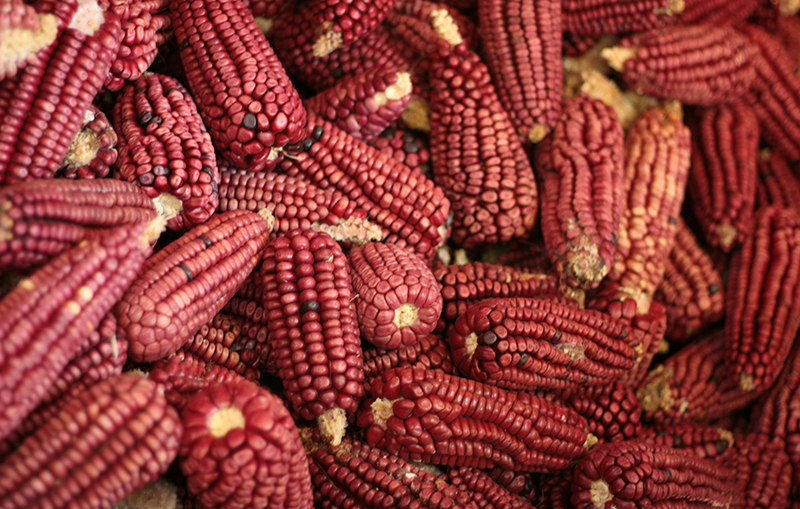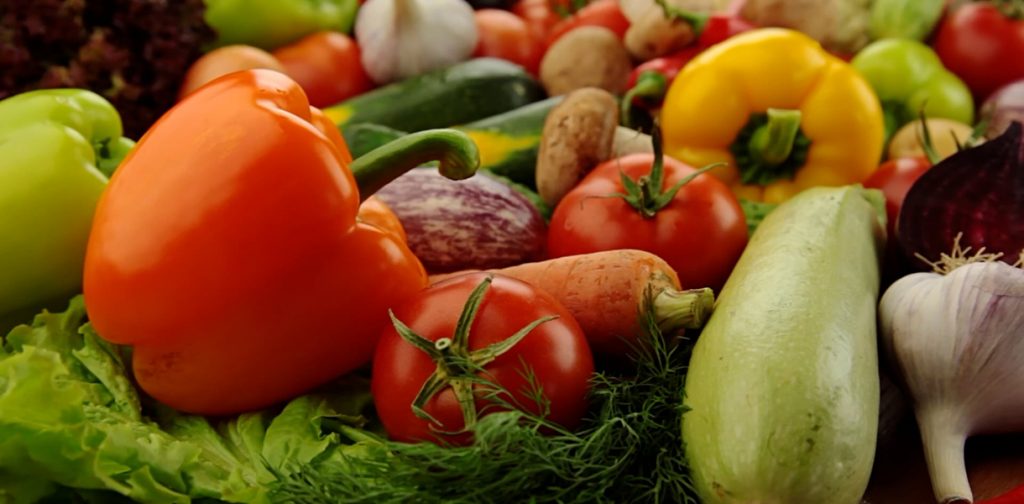Promoting seed diversity for global sustainability
Enhancing understanding of the importance of seed diversity in shaping a healthier and more resilient agrifood system.
Background
This social venture introduces an innovative and dynamic approach, aiming to enhance children and students, consumers, farmers, policy makers and other agricultural enthusiasts’ understanding of the importance of seed diversity in shaping more resilient agrifood systems.
Our agricultural and food system lacks resilience to climate change. There are approximately 300,000 edible plant species in the world, yet humans use only around 200 of them, and local supermarkets typically sell even fewer, about 40 varieties. Unfortunately, the current trend in breeding programmes that prioritise high yields or good fruit appearance, often at the expense of other important traits. For instance, a high-yielding crop may lack resistance to disease or pests, which compromises the resilience of our agri-food system. Additionally, the rapid pace of climate change outstrips the ability of crops to adapt, necessitating a turn to genes found in forgotten species and varieties. This underscores the crucial importance of seed diversity.
Technology overview
Therefore, we propose a social venture that offers dynamic and entertaining ways to raise people’s awareness of the importance of crop and seed diversity. Our aim is to target policy makers, young people, and producers to help secure our agrifood system, help consumers to be better informed about our agrifood system, and to help reduce risks of crop failure by promoting diverse crop farming methods.
Our primary focus will be to engage young school children by creating a collection of educational tools including games, craft activities, and farm visits, all centred around seed and crop diversity.
Opportunity
We are actively engaging with local schools and organisations to produce the first pilot educational activities for school children. We are seeking to develop more partnerships with schools, local community gardens or allotment groups, farmers, policymakers, and charities or NGOs interested in nature, conservation, or sustainable agriculture. This will help us rapidly expand our network and deliver real impact.
The initial stage is collaboration with the Cambridge University Botanic Garden (BG). The BG offers a variety of educational programmes targeting children and families, students under 16, post-16 and further education, higher education, adults, and communities. In the short term, we are preparing family activities centred on making ‘seed paper.’ We hope to impart knowledge about seeds and crop varieties during family activities. Additionally, we are considering a collaboration with the Mathematics Department, which generates a significant amount of waste and used rough work papers. Using these papers to make seed paper could be a win-win solution.
Our vision is to create a community of people who are better informed about what they eat and what they grow. And together, we can shape a more diverse and resilient agrifood future for generations to come.
Founder
Pei Jiang, PhD student, Department of Geography
Pei Jiang is a PhD student in the Department of Geography at the University of Cambridge. Pei is interested in biopolitics and the political ecology of seeds. Her current research examines the power relations in millet seeds’ commercialisation and seeds conservation in Aohan, China. Her social venture, Seed Diversity Matters: People and Planet, aims to engage with young audiences through interactive workshops and games to improve their understanding of seed diversity.
Pei has been the recipient of several awards and scholarships, including awards from the Henry Lester Trust, Great Britain-China Educational Trust, and the Cambridge Political Economy Society Trust. In the Department, she is a member of the Vital Geographies research group, which explores the production, politics and governance of different forms of life. Pei holds a Masters in Sociology from the Renmin University of China, and BA in Sociology from the China Agricultural University.
References
Publication: Our food system isn’t ready for the climate crisis (https://www.theguardian.com/food/ng-interactive/2022/apr/14/climate-crisis-food-systems-not-ready-biodiversity)
Enquiry for Seed diversity matters: People and planet
Tags: Agriculture, agronomy, AHSS, plant science, Resilience, Seed Diversity, seeds





